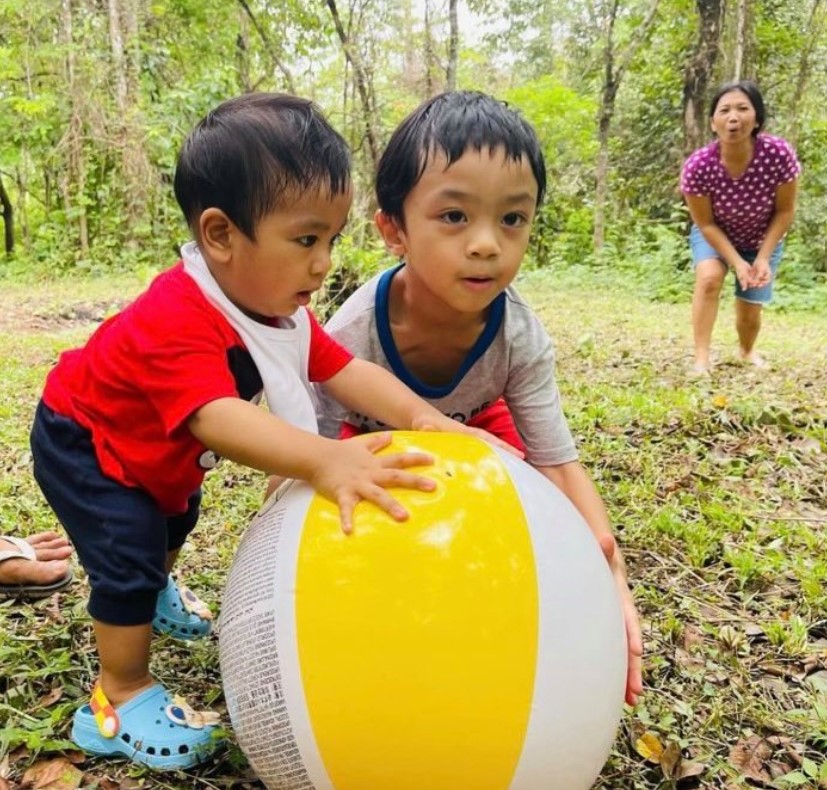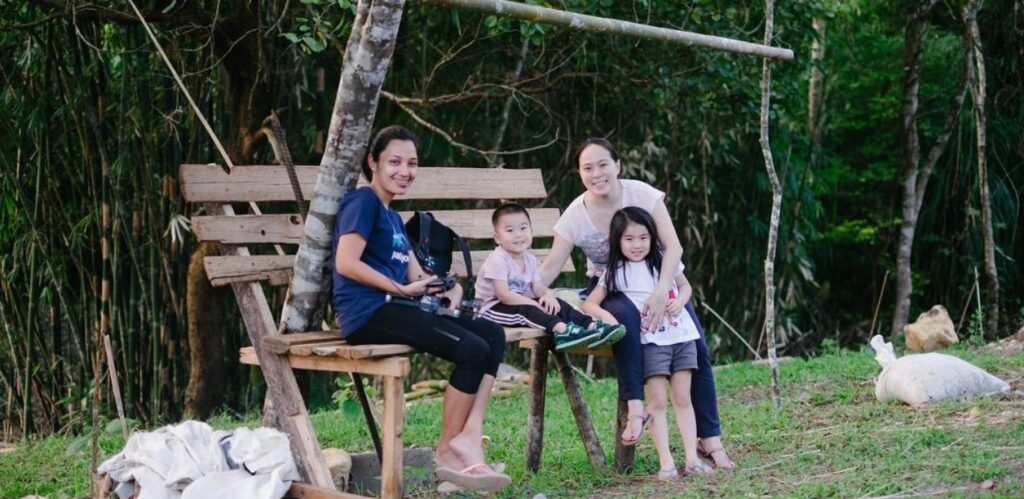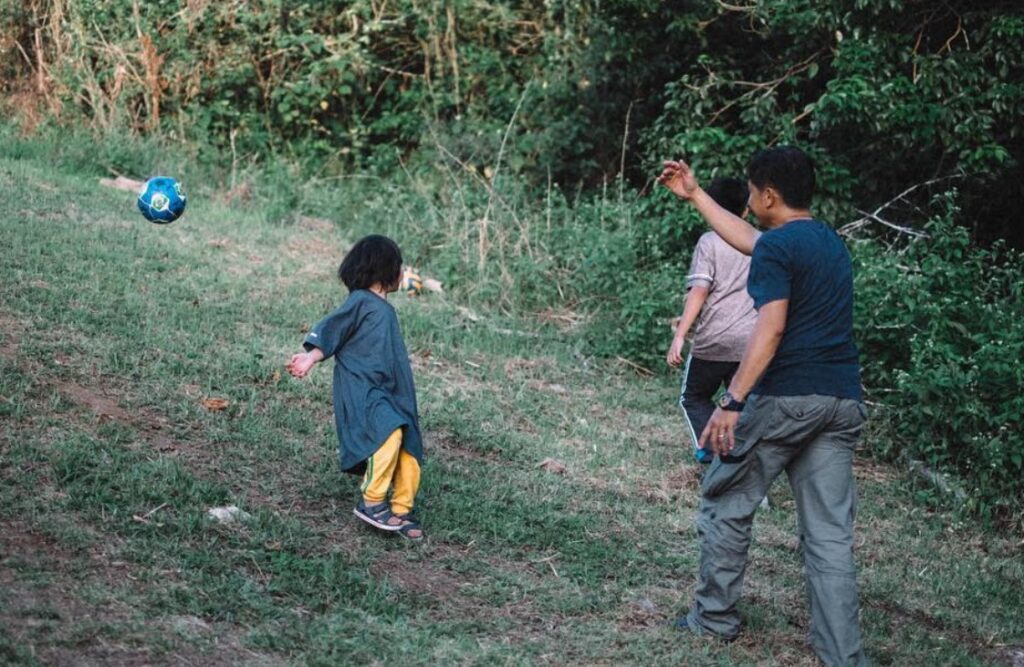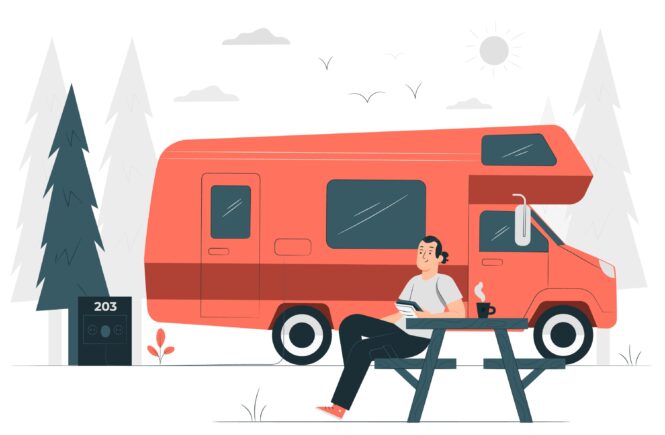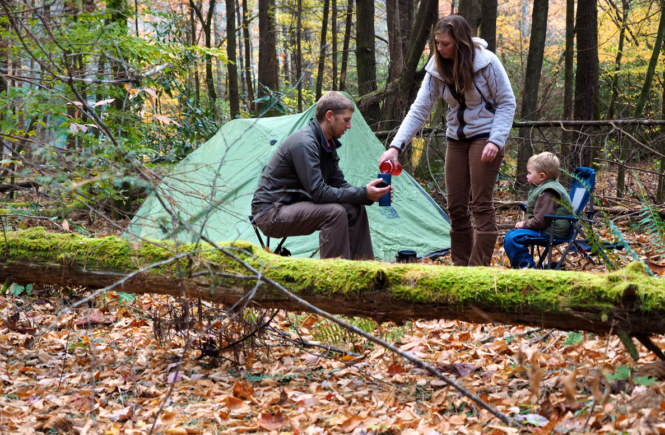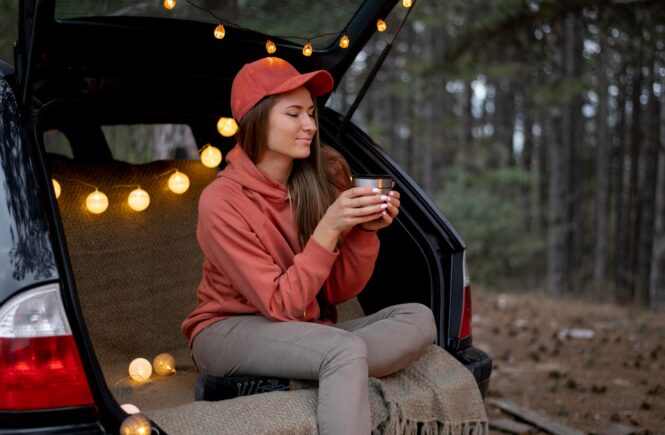Going on a camping adventure with young children can be an incredibly rewarding experience, filled with opportunities for exploration, bonding, and unforgettable memories. However, keeping small children engaged and content in the great outdoors can present unique challenges. This article aims to provide parents and caregivers with practical strategies and fun activities to ensure a happy and stress-free camping trip for the whole family.
Choosing the Right Camping Site – Tanay Camping Site
When planning a camping trip with kids, the choice of campsite is crucial. There are plenty of Tanay camping sites to choose from. Located in the picturesque Rizal province, these camping sites offer an ideal setting for families with young children. This well-maintained facility boasts a range of amenities and features that cater specifically to the needs of families, including:
- Spacious and Level Campsites: Choose camping sites that offer ample, flat camping areas that provide a safe and comfortable space for children to play and explore.
- Proximity to Facilities: The campsites are conveniently located near restrooms, showers, and a central gathering area, making it easy for parents to attend to their children’s needs.
- Supervised Play Areas: The campsite features designated play areas with age-appropriate equipment, allowing children to burn off energy in a secure environment.
- Access to Hiking Trails: Nearby hiking trails offer opportunities for family-friendly outdoor adventures, encouraging children to connect with nature.
- Onsite Dining and Supplies: Choose a camping site that has a small store and a dining area, eliminating the need to pack heavy cooking equipment or venture far for meals.
Essential Items to Bring When Camping with Kids
Packing the right gear is crucial when camping with kids. Here is a comprehensive list of essential items to consider:
- Comfortable Camping Gear: High-quality tents, sleeping bags, and air mattresses to ensure a good night’s sleep for the whole family.
- Child-Friendly Outdoor Clothing: Sturdy, weather-appropriate clothing and footwear that can withstand the elements.
- Toys and Games: A variety of age-appropriate toys, puzzles, and games to keep children entertained.
- First Aid Kit: A well-stocked first aid kit with bandages, antiseptic, and any necessary medications.
- Snacks and Hydration: Plenty of healthy, easy-to-prepare snacks and water bottles to keep children nourished and hydrated.
- Sun Protection: Sunscreen, hats, and sunglasses to protect delicate skin from the sun’s rays.
- Insect Repellent: Effective insect repellent to ward off mosquitoes and other biting insects.
- Portable Charging Devices: Power banks or portable chargers to keep electronic devices, such as phones and tablets, powered up.
Tips for Keeping Small Children Engaged and Happy at Campsites
Maintaining the interest and enthusiasm of young children at a campsite can be a challenge, but with the right strategies, it can be a rewarding experience for the entire family. Here are some tips to keep small children engaged and happy:
- Establish a Routine: Creating a consistent daily routine, such as mealtimes, nap times, and activity periods, can help children feel secure and comfortable in the outdoor environment.
- Encourage Exploration: Provide children with opportunities to safely explore their surroundings, such as collecting leaves, rocks, or sticks, or going on a nature scavenger hunt.
- Incorporate Familiar Activities: Bring along familiar toys, books, or games that children enjoy at home to help them feel more at ease in the new setting.
- Involve Children in Campsite Tasks: Assign age-appropriate tasks, such as helping to set up the tent or gather firewood, to foster a sense of responsibility and engagement.
- Limit Screen Time: While electronics can be useful for keeping children entertained, try to limit their use and encourage more interactive, outdoor-focused activities.
- Encourage Physical Activity: Plan outdoor games, such as tag, hide-and-seek, or a simple game of catch, to allow children to burn off energy and stay active.
- Engage the Senses: Encourage children to use all their senses to experience the campsite, such as listening to the sounds of nature, touching the textures of plants and rocks, or smelling the scent of a campfire.
- Storytelling and Imagination: Engage children in imaginative play, such as creating a nature-inspired story or playing pretend games, to stimulate their creativity and cognitive development.
- Flexible Schedules: Be prepared to adjust your plans and schedules as needed to accommodate the changing needs and moods of young children.
- Positive Reinforcement: Praise and encourage children for their participation and enthusiasm, helping to foster a positive and engaging camping experience.
Fun Activities for Small Children at Campsites
Keeping small children entertained and engaged at a campsite can be a delightful challenge. Here are some fun and age-appropriate activities to try:
- Nature Scavenger Hunt: Create a list of items found in the natural environment, such as different types of leaves, rocks, or insects, and have children search for them around the campsite.
- Campfire Storytelling: Gather around the campfire and take turns telling stories, either from memory or using a storybook, to spark children’s imaginations.
- Outdoor Obstacle Course: Set up a simple obstacle course using natural elements, such as logs, rocks, or fallen branches, and challenge children to navigate through it.
- Outdoor Art and Crafts: Provide children with art supplies, such as crayons, colored pencils, or natural materials, and encourage them to create nature-inspired masterpieces.
- Outdoor Yoga or Mindfulness Activities: Introduce simple yoga poses or mindfulness exercises to help children connect with the natural environment and find moments of calm.
- Camping-Themed Charades: Act out camping-related activities, such as pitching a tent or roasting marshmallows, and have children guess what you’re doing.
- Backyard Camping: If the campsite has a designated play area, set up a small tent or blanket fort for children to enjoy a “backyard camping” experience.
- Stargazing and Constellation Identification: Spend time at night observing the night sky and try to identify constellations or shooting stars.
- Nature Exploration Journals: Provide children with notebooks and encourage them to draw, write, or collect items to document their outdoor adventures.
- Campsite Scavenger Hunt: Create a list of items found around the campsite, such as a pinecone, a fallen leaf, or a specific type of bird, and have children search for them.
Safety Precautions When Camping with Kids
While camping can be a thrilling experience for young children, it’s essential to prioritize their safety. Here are some important safety precautions to consider:
- Supervision: Maintain constant supervision of children, especially near campfires, bodies of water, or areas with potential hazards.
- First Aid Knowledge: Familiarize yourself with basic first aid procedures and have a well-stocked first aid kit on hand.
- Proper Clothing and Footwear: Ensure children are wearing appropriate, weather-resistant clothing and sturdy, closed-toe shoes to protect them from the elements.
- Hydration and Nutrition: Encourage children to stay hydrated and provide them with nutritious, easy-to-eat snacks and meals.
- Sun Protection: Apply sunscreen regularly and have children wear hats and sunglasses to shield them from the sun’s harmful rays.
- Insect Repellent: Use an effective insect repellent to prevent mosquito bites and other insect-borne illnesses.
- Emergency Preparedness: Familiarize yourself with the campsite’s emergency procedures and have a plan in place in case of unexpected situations.
- Campfire Safety: Teach children the proper way to handle and extinguish campfires, and never leave a fire unattended.
- Wildlife Awareness: Educate children about the local wildlife and instruct them on appropriate behavior to avoid encounters with animals.
- Communication and Navigation: Ensure you have a reliable means of communication, such as a charged mobile phone or two-way radio, and a basic understanding of the campsite’s layout and nearby landmarks.
Conclusion and Final Thoughts
Camping with young children can be a rewarding and unforgettable experience, but it requires careful planning and a willingness to adapt to the unique needs and preferences of your little adventurers. By choosing the right campsite, packing the essential items, and implementing engaging activities and safety precautions, parents and caregivers can ensure a happy and stress-free camping trip for the whole family.

